Between record-high inflation, Russia’s war with Ukraine, increasing competition with China, and continued supply chain impact of the pandemic, maintaining America’s competitive edge has never been more essential. But the headwinds have never been stronger, especially when it comes to U.S. national security.
While U.S. aerospace and defense (A&D) companies navigate these challenges, a harmful tax change has gone into effect that is stifling American manufacturing and innovation investment.
Incentives are the key to innovation and have been instrumental to America’s technological superiority for generations. Since the 1950s, businesses have been able to deduct qualifying U.S. research and development (R&D) expenditures for federal tax purposes in the year they were incurred. Yet beginning in January 2022, American companies are no longer able to immediately expense the full value of their investments in R&D in the year they were incurred. Now companies of all sizes must spread or amortize these costs over five years, making R&D more costly to conduct in the U.S.
For example, U.S. companies investing $100 in R&D are now only able to deduct up to $20 per year over the five-year amortization period, instead of $100 all at once — resulting in a significant loss in cash flow. Less cash means fewer dollars for critical R&D and the highly skilled jobs that support it.[1] Today, 71 percent of U.S. R&D spending originates in the private sector, and nearly 70 percent of that is spending is used for salary and wages.
Meanwhile, the Chinese government is doubling down on incentives for innovation. In 2020, China set a record for R&D spending, totaling $378 billion.[2] China has extended its super deduction for R&D expenses for manufacturing companies to an extra 100 percent of eligible R&D expenses in addition to actual expenses incurred. For example, a company that undertakes $100 of R&D in the U.S. would deduct only $10 in 2022 while a manufacturing company that undertakes $100 of R&D in China would deduct $200, or 20 times as much.
American companies have always played a leading role in advancing the technology we need to maintain our edge, especially in the defense sector. We must use every tool at our disposal to emphasize and encourage research and development like China does and remain competitive on the global stage.
The amortization requirement also poses a serious threat to our national security if not reversed. As the National Science and Technology Council has noted, R&D investments “are essential to ensure that the United States remains able to secure and protect the American people in the face” of other countries increasing support for R&D.[3]
Reversing the R&D amortization requirement is not just sound tax policy, but will also provide direct benefits to supporting our manufacturing workforce. Investments in R&D support millions of American jobs every year. For every $1 billion in R&D spending, 17,000 jobs are supported in the U.S. [4] With less private investment in R&D, our nation continues to lag in high-tech skills and expertise necessary to produce vital technologies like semiconductors.
Failing to reverse this change will cost well-paying, highly skilled jobs and reduce future innovation-directed R&D. Requiring the amortization of research expenses will reduce R&D spending and lead to a loss of more than 20,000 R&D jobs in the first five years, with the number of lost jobs rising to nearly 60,000 over the following five years. Moreover, when accounting for the spillover effect from R&D spending, nearly three times as many jobs could be affected. [5]
By the end of the year, Congress must reverse course on this harmful tax law and ensure that the tax code continues to support innovation. If they don’t, America’s economic and national security future could be in jeopardy.
[1] https://investinamericasfuture.org/wp-content/uploads/2021/03/House-Bill-RD-Coalition-Flyer-2021.pdf
[2] https://www.cnbc.com/2021/03/01/chinas-spending-on-rd-hits-a-record-378-billion.html
[3] https://www.whitehouse.gov/wp-content/uploads/2021/10/NSTC-NSO-RDI-_REV_FINAL-10-2021.pdf
[4] Ibid.
[5] https://investinamericasfuture.org/wp-content/uploads/2021/03/House-Bill-RD-Coalition-Flyer-2021.pdf

